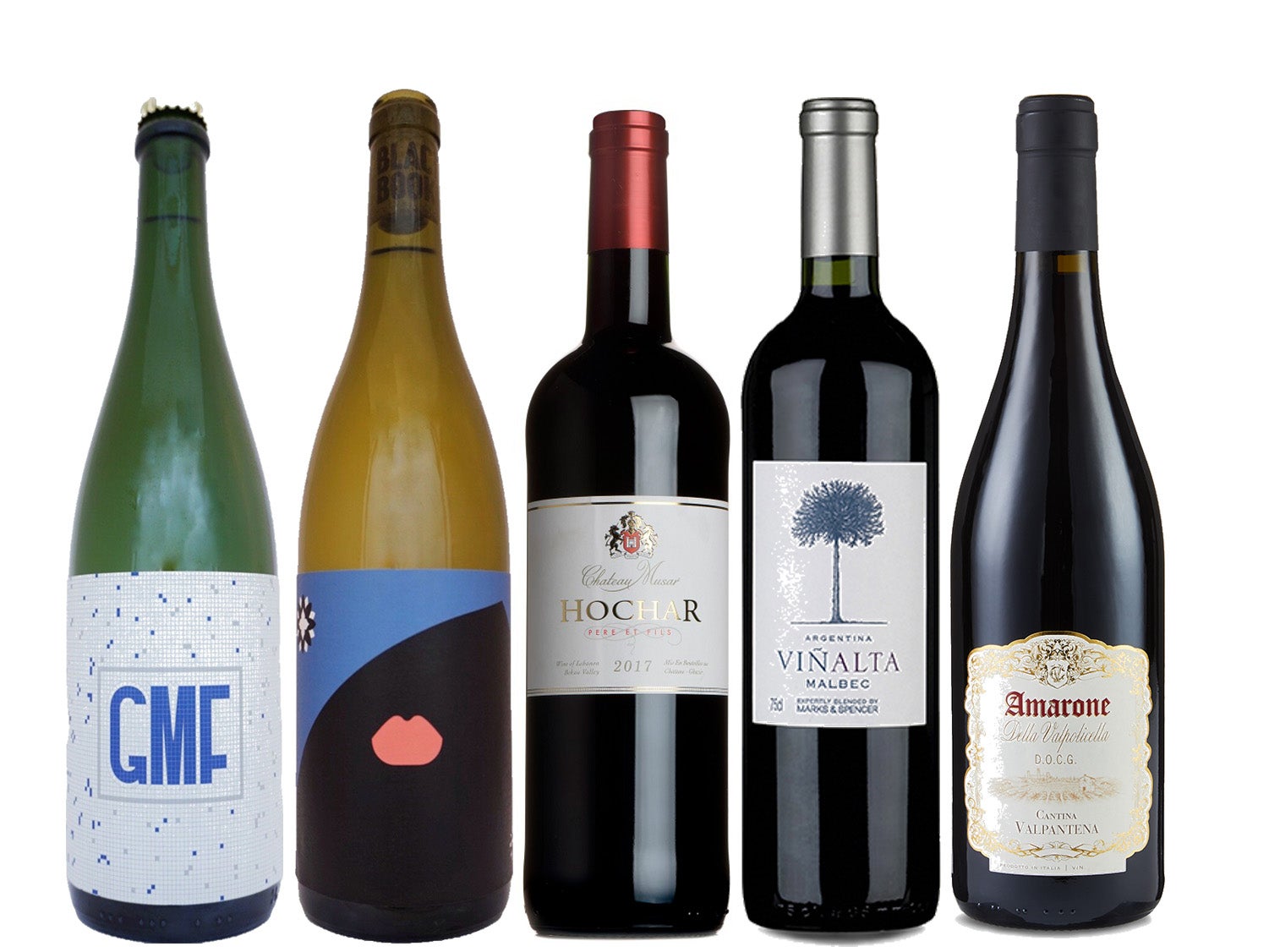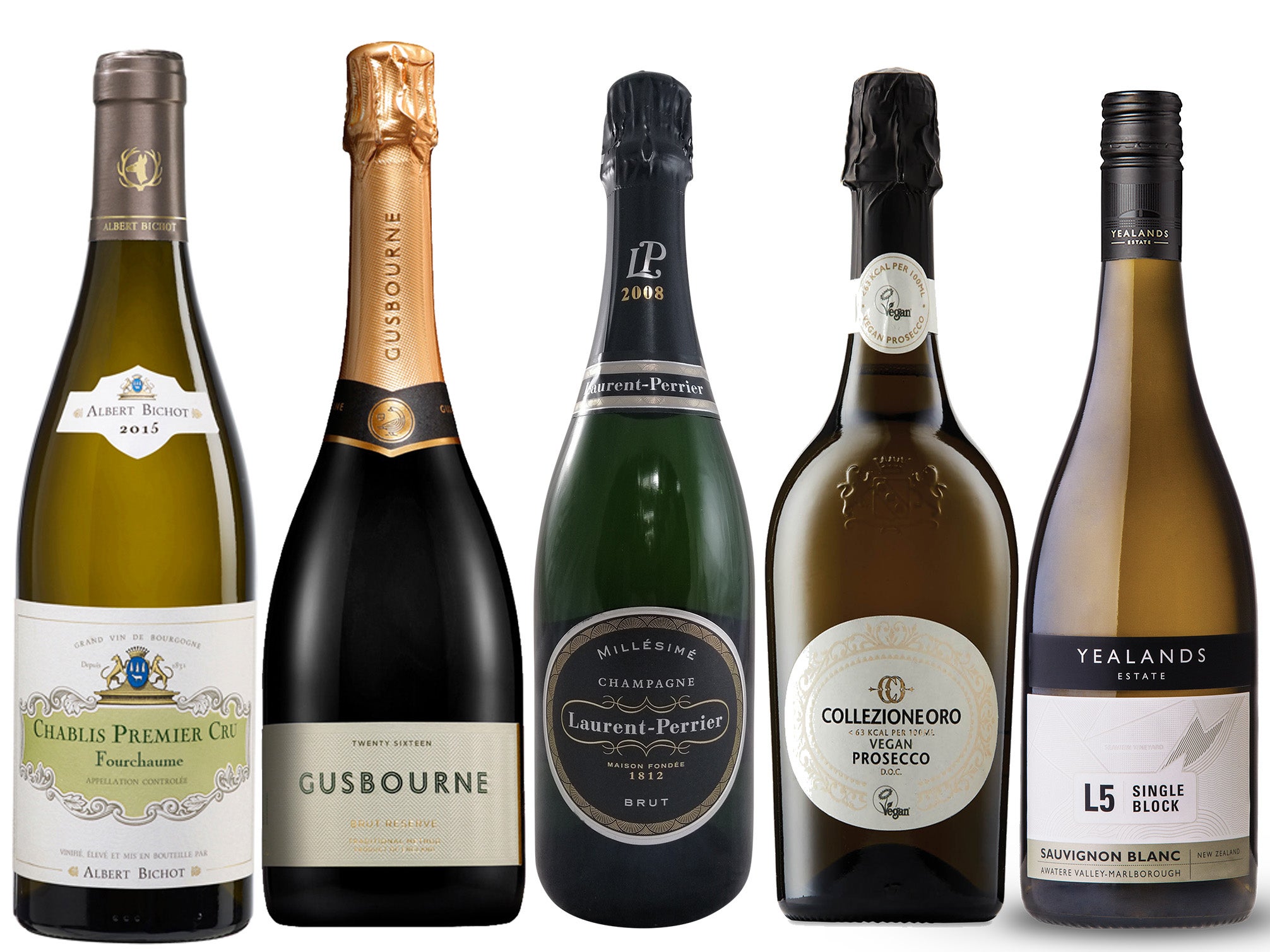Terrific tipples that illustrate the diversity of vegan wines
Perhaps you’ve never thought about it before but some wines aren’t in fact vegan due to the fining agents used. However, more wine producers are changing that, giving great variety to vegan wines, writes Terry Kirby

Veganism is now mainstream. You can tell that from the number of vegan dishes in restaurants (before the current lockdown, obviously), the extensive plant-based ranges in supermarkets, and the new vegan recipe books on sale everywhere. All of which makes those who follow a completely plant-based diet exceptionally well catered for. But what about vegan wine?
While it is very simple to spot a vegan dish or product in the supermarket, it’s often less easy to spot a vegan wine – there are no rules or regulations, and even wines that proudly declare themselves organic or biodynamic are not always free of animal products.
Why are animal products found in wine anyway? It is because, traditionally, winemakers used fining agents derived from milk, egg or fish products or sometimes even gelatin from bones, to remove sediment and other impurities from wine before bottling.
However, there are now simple alternatives available and many winemakers, whether small artisan outfits or larger producers, have switched to fining agents derived from minerals or plants themselves – though many don’t bother filtering or fining at all.
So, like organic wines, the range of vegan bottles available has exploded over the past few years, and whether it’s a high street retailer or a big online operation like the Wine Society, all now have extensive selections at all price brackets. This vast choice of course makes it impossible to pick out, say, the 10 best vegan wines, any more than you can select just 10 red wines or organic wines.
Neither does the label “vegan” guarantee quality or value for money, any more than “organic” does. But what I can do here is suggest some wines in different styles and price brackets that illustrate the diversity of choice now available for discerning vegans.
A trio of sparkling wines then first. For an everyday bargain fizz, it’s hard to beat the prosecco range at Aldi which actually includes one labelled Vegan Prosecco (£6.99 aldi.co.uk) which is a guaranteed burst of fresh fizziness to enliven any day, drier than most prosecco and definitely terrific value for money.

If it’s a special occasion – and bear in mind Valentine’s Day is next week – then you might want a very fine English sparkling such as the Gusbourne Brut Reserve 2016 (£36.00 thechampagnecompany.com). A faultless blend of chardonnay, pinot noir and pinot meunier from one the best English sparkling operations based in Appledore in Kent, and just bursting with the aromas and flavours of a spring day.
Or perhaps a classic rich and buttery vintage champagne, like the Laurent Perrier Brut Vintage 2008 (£52.99 houseoftownend.com £59.99 or £39.99 if bought as part of mixed six bottle purchase, majestic.co.uk) from a very fine vintage. Neither of these wines flaunt their veganism, but both are made without animal fining products.
One label that does advertise its vegan-friendly nature is the New Zealand outfit Yealands, which also operates a sustainable carbon zero winery in the Awatere Valley in the Marlborough region. Their Yealands Estate Single Block L5 Sauvignon Blanc 2019 (£12.95 greatwine.co.uk ) is a simply brilliant Marlborough SB, with intense, mineral, zesty flavours, some herbs and rich tropical fruits, leading to a long finish. Terrific with oriental spiced vegetable dishes or, when it is in season, asparagus.
If you are looking for something more old world in style, the very traditionally labelled Albert Bichot Chablis, Premier Cru Fourchaume (£23.99 waitrosecellar.com) is classic chablis: concentrated fruit flavours, a hint of citrus and a clean minerality. And vegan-friendly.
M&S has already pledged that its entire range will be vegan by next year and announced recently it was already 80 per cent of its way to the target. Their vegan wines already include reliable everyday guzzlers such as the Argentine Vinalta Malbec (£9.00 marksandspencer.com), which is great for weekday pizza or pasta dishes, while their Cantina Valpantena Amarone 2016 (£18.00 marksandspencer.com) is a hefty winter warmer of a wine from the Veneto, with robust plum, dark cherry, dried fruit and cocoa flavours – one for a vegetable tagine or casserole of lentils with chestnuts and mushrooms.
Among more than 200 vegan Wine Society offerings is the classic Hochar 2017 (£13.50 thewinesociety.com; £16.99 virginwines.co.uk) the estimable second wine of the renowned, Chateau Musar, the great Lebanese wine house: a ripe and savoury cinsault dominated and highly distinctive blend of Bordeaux grapes that also happens to be vegan. And ideal with all Middle Eastern foods.
But enough of the high street, tradition and convention: many of the new natural wine makers have been vegan from the outset, do not even bother filtering or fining and treat sediment and cloudiness as a badge of authenticity.
In Battersea in London, the Blackbook winery, run by Sergio Verrillo, an American who studied at Plumpton College in Devon, makes small batches of organic wines from grapes sourced from vineyards around southern England, with minimum intervention, but a great deal of love and care. If you thought you knew chardonnay, try their Pygmalion Chardonnay 2018 (£25.00 blackbookwinery.com) made with grapes sourced from Greyfriars vineyard in the North Downs and once intended for sparkling wine.
Fermented in barrels from Burgundy and turned into a still wine, it has intense, citrus and tropical fruits, a really lovely mouthfeel and character and will develop over time, if you can possibly wait. Simply outstanding.
And, back where we started with a sparkling wine, their brilliant GMF 2018 (£24.00 blackbookwinery.com) comes from seyval grapes, made with the champagne method and fermented partially in stainless steel and partially in Burgundy barrels – the result is rich and structured, but with both a compelling complexity and an entirely ‘natural’ feel about it: somehow this feels precisely the product of the grapes, with nothing else in between. Quite lovely. And quite the right wines to convert anyone to all plants, grapes included.
Join our commenting forum
Join thought-provoking conversations, follow other Independent readers and see their replies
Comments